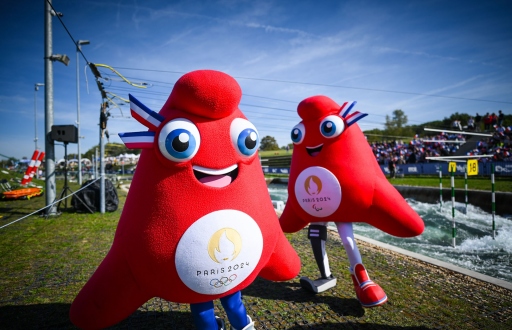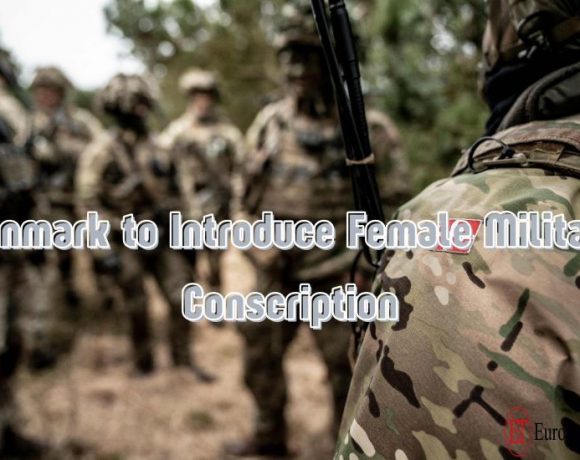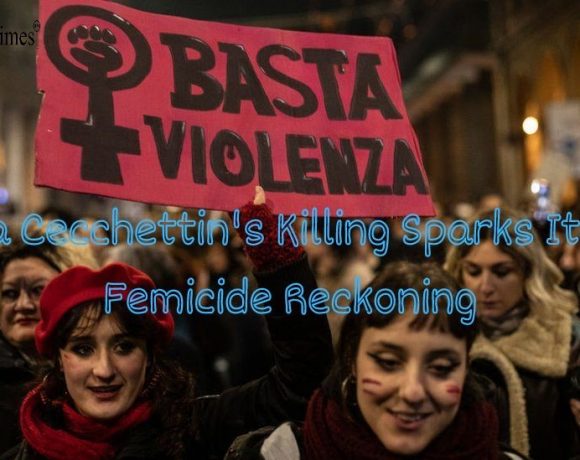
The Paris Olympics, with the motto “Games Wide Open,” officially begin on Friday with a historic opening ceremony featuring a 6km procession along the River Seine, accommodating 300,000 spectators. This marks the first time in a century that Paris has hosted the summer Games, showcasing events in and around the city’s iconic landmarks.
The artistic director, Thomas Jolly, aims to highlight France’s diversity, with speculation surrounding performances by stars like Celine Dion and Lady Gaga. The Games will also achieve gender parity for the first time, with equal participation from 5,250 male and 5,250 female athletes.
Despite the excitement, concerns linger over overcrowding, inflation, and transportation challenges. A major security presence, including 5,000 police and soldiers, will be deployed to ensure safety. Local businesses along the Seine have expressed frustrations due to restrictions, though authorities assure that barriers will be removed post-ceremony.
The anticipated cost for the Games is around 9 billion euros, with organizers pledging to make it the greenest Olympics yet. While only two new venues have been built, iconic locations such as the Stade de France and Roland Garros will host various events.
One of the primary concerns leading up to the Games was the water quality of the Seine, particularly for swimming events. Regular testing will ensure safety after a century-long ban on swimming in the river.
The opening ceremony will be a groundbreaking event, taking place outside a traditional stadium. It will feature a parade of nations and culminate in the lighting of the Olympic cauldron. The event will be broadcast live, marking an exciting start to the Games, with some events already underway, including men’s rugby and football.
Picture Courtesy: Google/images are subject to copyright






